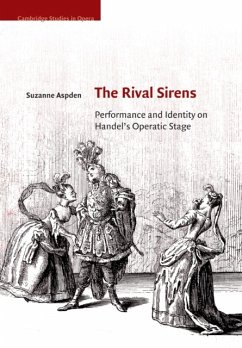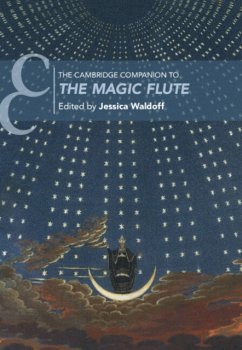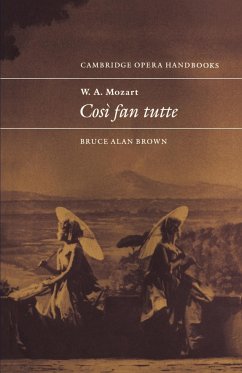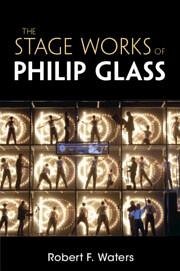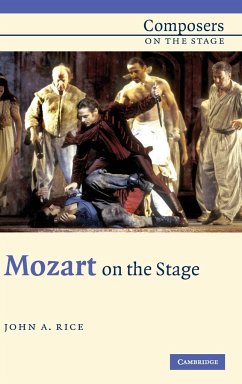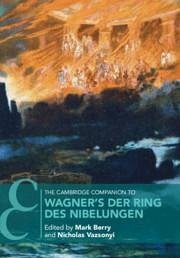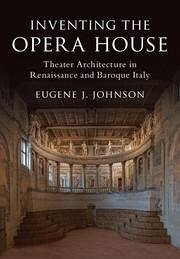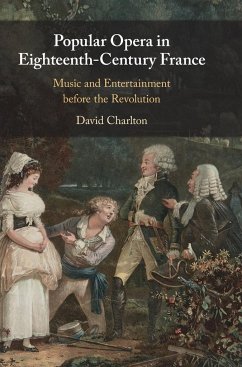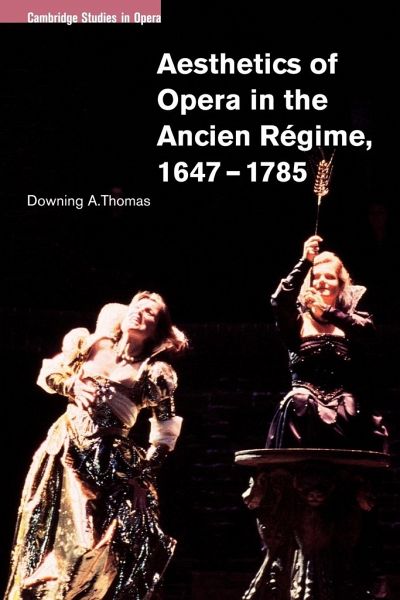
Aesthetics of Opera in the Ancien Regime, 1647 1785
Versandkostenfrei!
Versandfertig in 1-2 Wochen
56,99 €
inkl. MwSt.

PAYBACK Punkte
28 °P sammeln!
Thomas considers the use of operatic spectacle and music by Louis XIV as a vehicle for absolutism; the resistance of music to the aesthetic and political agendas of the time; and the long-term development of opera in eighteenth-century humanist culture, examining key works by Lully, Rameau and Charpentier, among others.





